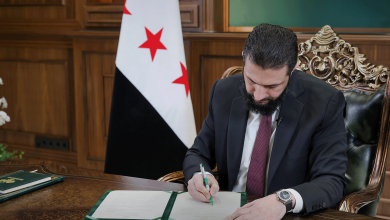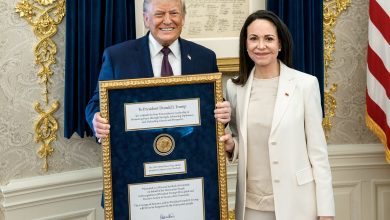Algiers – On Sunday, January 19, 2025, filmmakers, producers, experts, and investors gathered in Algiers for the opening day of the National Cinema Sessions, highlighting the pressing need to develop film production, secure sustainable funding, enhance distribution, and support investment. The event also emphasized the importance of effective governance to revive Algeria’s film industry.
The sessions, inaugurated by President Abdelmadjid Tebboune, are seen as a “critical turning point” for consolidating past achievements, initiating a new momentum, and building a clear roadmap for the future of Algerian cinema.
Key Issues and Achievements
Participants described the sessions as an essential platform for evaluating current accomplishments, understanding persistent challenges, and crafting practical solutions. They also reviewed the progress achieved under the Cinematic Industry Law, introduced last year, while identifying areas requiring improvement.
Among the challenges discussed were:
- Legislative Gaps: Issues related to implementing new laws and overlapping responsibilities between different authorities.
- Funding and Infrastructure: Limited sustainable funding sources and a lack of modern infrastructure tailored to the needs of the film industry.
- Labor Rights: The absence of collective agreements to protect workers’ rights in the sector.
- Audience Engagement: Difficulties in attracting audiences back to cinemas and revitalizing the theater-going culture.
- Technology Gaps: Delays in adopting advanced technologies for film production, distribution, and preservation.
- International Presence: A noticeable decline in the international visibility of Algerian cinema.
Workshops Addressing Sector Challenges
The sessions featured workshops addressing five core themes to tackle these challenges and propose actionable solutions:
- Economy and Financing of Cinema
- Discussions centered on improving public funding mechanisms, introducing tax incentives to attract private investment, and creating strategies for sustainable production, distribution, and exploitation of cinematic works.
- Governance and Regulatory Framework
- Participants emphasized the need for modern, transparent governance, efficient enforcement of the Cinematic Industry Law, and clearer delineation of roles and responsibilities among institutions. Proposals also included the establishment of regulatory bodies to monitor and implement public policies effectively.
- Ethics, Professional Relations, and Training
- This workshop explored creating a professional environment based on clear ethical standards and transparent practices. Suggestions included drafting and enforcing collective agreements for film professionals, regulating contractual relationships, and providing mediation mechanisms.
- Audience and Film Distribution
- Participants highlighted the importance of rebuilding the connection between films and audiences by renovating and modernizing cinemas, fostering local film festivals and cinema clubs, and reviving traditional film screening venues.
- Digitization, Technology, and Film Heritage Preservation
- A focus was placed on ensuring an effective digital transition to preserve Algeria’s cinematic heritage sustainably. Discussions included digitizing and archiving films, developing digital platforms for streaming and distribution, and offering specialized training in digital cinema professions.
Towards a Competitive Film Industry
The National Cinema Sessions aim to create a comprehensive and coordinated vision that aligns with Algeria’s national ambitions and addresses the challenges of the modern cinematic landscape. Scheduled to conclude on Monday, January 20, 2025, at the “Abdelatif Rahal” International Conference Center, the event serves as a collaborative effort to lay the foundation for a modern, competitive, and sustainable Algerian film industry.
This initiative seeks to engage all stakeholders in the cinematic world to develop a practical roadmap for achieving tangible progress. The ultimate goal is to establish Algeria as a prominent player in regional and global cinema while preserving its cultural identity and cinematic heritage.
For more updates and insights, visit our website: DZWATCH.DZ
Author: Nor-Eleslam




